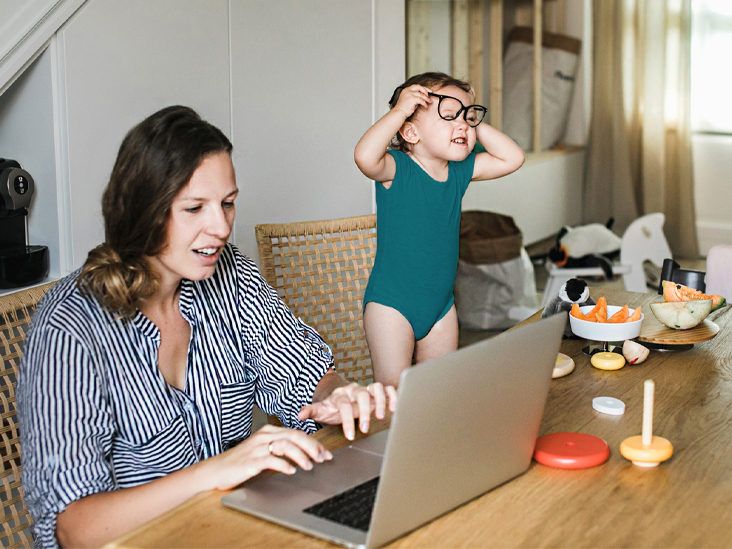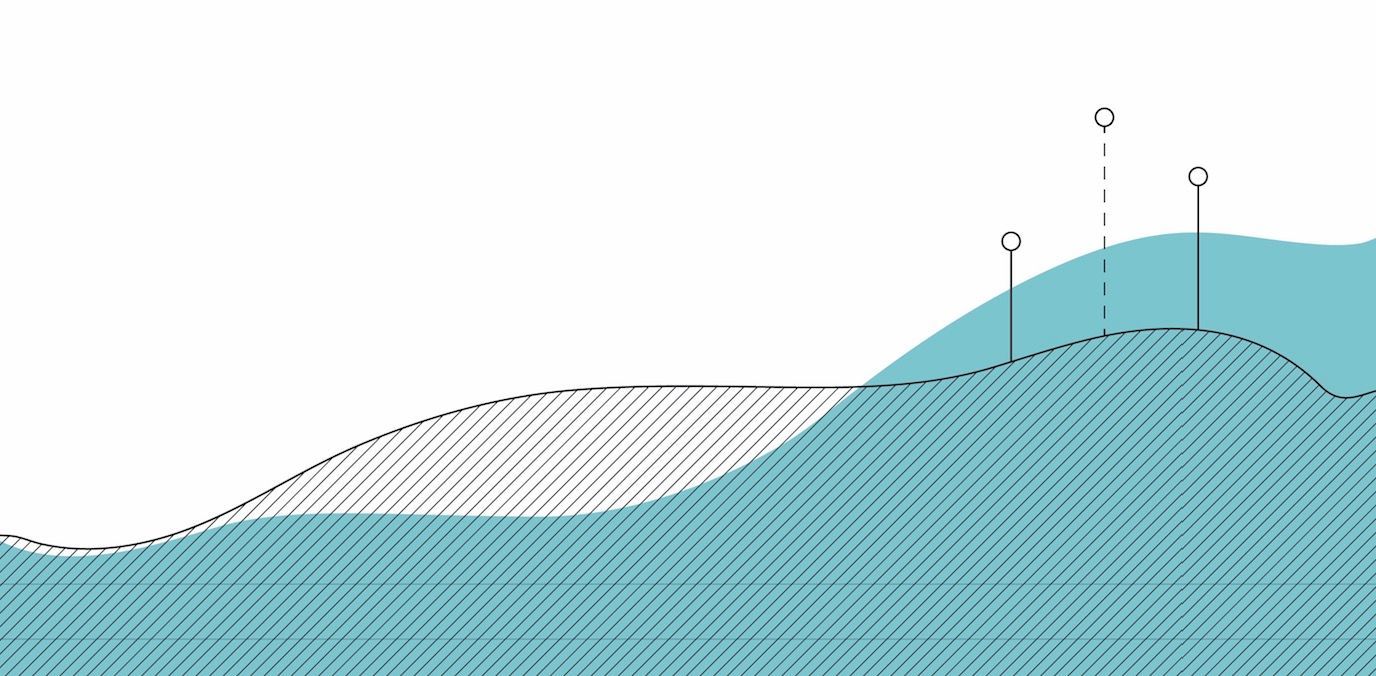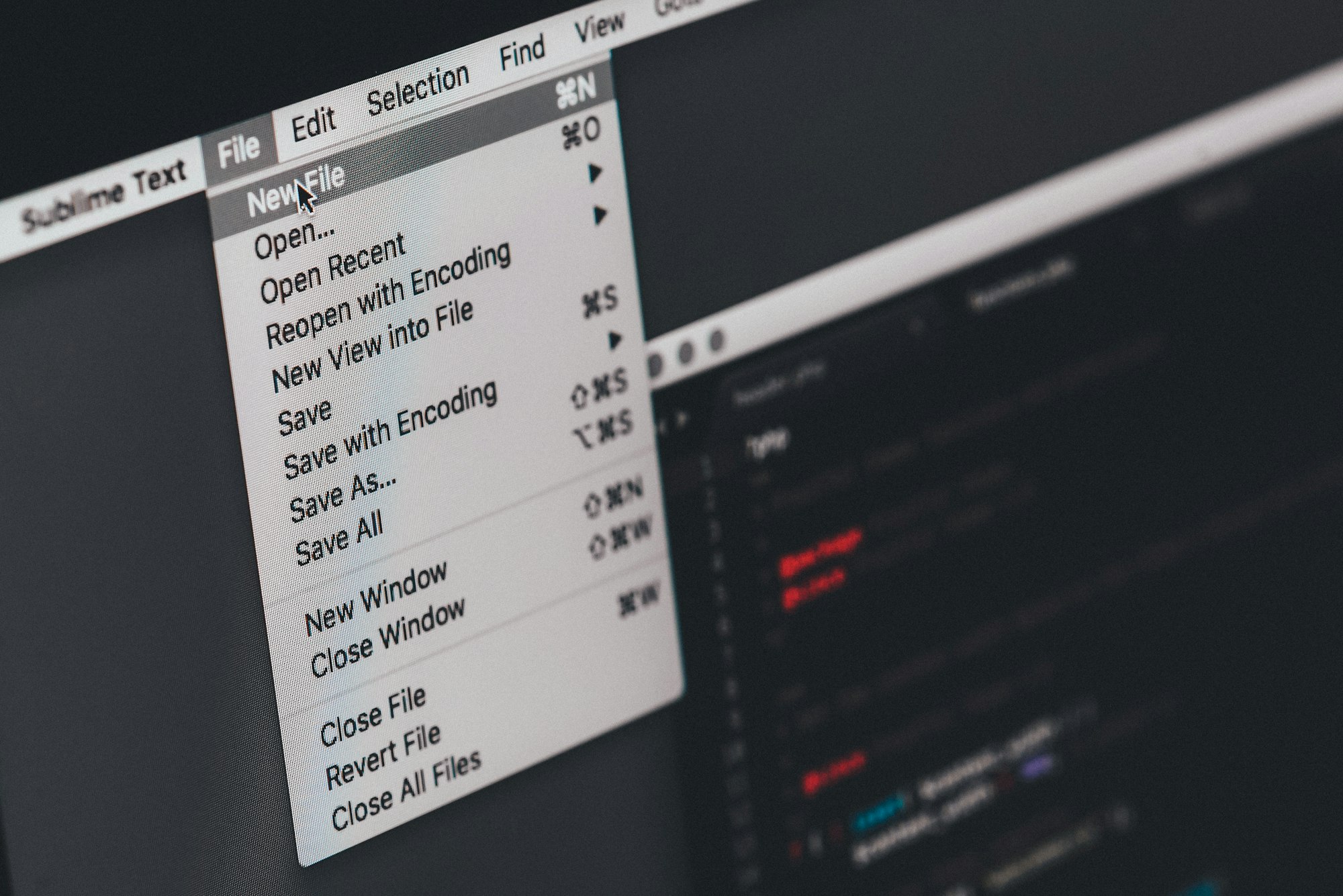Hello 👋, with all the craziness still going on here in Australia with boarders continuing to close then open, businesses and their employees have so much to tackle. Take for instance the humble office - is there such a thing still? - and the workers that would have frequented. With their traditional enviroment being completely shifted, it now looks more like this.

There seems an endless stream of conversation with experts to talk about the modern workplace and what it really means. Personally, I have boiled it down to 3 critial areas.
- Environment - have we got a good working space to work in. Do we have all the essentials (did someone say toliet paper 🧻 - that was a thing last year)
- Tools - have we got the right tools to assist in the collaboration and communnication with others.
- Physical/mental - are we doing enough (Cxx <--> middle management <--> employee). Is everyone doing enough today to overcome the mental strain and are we moving enough?
Speaking of moving enough (or lack of it). I took a look at this very topic last year.

Another scary thought was that Forrester found only 52 per cent of US employees agree that their company has the technology resources to allow people to work from home as necessary. WTF! Right? It would seem that we'd had to make the shift but businesses haven't been able to support them - technology wise.
And just a little chekky plug for the highly accliamed piece of writing which could assist anyone stuck and wondering what to do, including technology and tooling. 📖👇

And for now, I'll leave you with this abridged verison of the Atlassian report. (if you want to get your hands on the full report, see below 📖👇).
Are we there yet?
Well, not so quickly there mate. I think that always depends on several factors and those I'm not going to express here today. But! I think there's been huge progress on the way we all work and the tools we have are only going to get better and better - so may get worse (I'm looking at you Microsoft Teams).
TL;DR - Atlassian "Rise of Work Anywhere..."
It’s Complicated
The research identified three key factors influencing people’s ability to adapt to distributed styles of work. These are household complexity, role complexity, and network quality. The complexity or quality of each directly correlates to how people are coping with pandemic working conditions.
Household complexity considers domestic responsibilities and how many people are in their household. Caregivers were less likely (49 percent) to agree that effective working from home was easy than those without children (61 percent). Many people felt unable to bring their best selves to home or work identities, with 60 percent saying it’s more difficult to maintain boundaries between work and personal lives.
Role complexity examines the remote readiness of specific roles. It explores the full spectrum of workflow and social interaction someone depends on to be successful. The research highlighted that the remote work experience can be isolating at times, leaving many yearning for workplace banter. Almost half (49 percent) of Americans echoed this sentiment, noting they missed the energy of working alongside colleagues at the office, compared to only 28 percent who did not.
Network quality focuses on access to personal and professional networks, which contribute to our sense of belonging and support. Three in four (70 percent) Americans felt their company would need to provide better systems and tools to sustain a fully distributed working environment.
What in the World
Globally, the research unearthed fascinating insights into the unique impact of COVID-19 on France, Germany, Japan, and Australia. America’s newfound appreciation of work-life balance is echoed by almost half (44 percent) of our German counterparts, who reported better satisfaction with their work-life balance compared to only 17 percent who felt it had worsened. Additionally, the mass migration to our home offices has seen a considerable 86 percent of Australian workers better appreciate the quality of life outside of their workplace.
Teamwork also continues to thrive in this new distributed environment. Only 13 percent of respondents in Germany felt their teams worked worse together remotely and an impressive 61 percent of French respondents reported a strong feeling of unity and cohesion with their team as a result of the pandemic and proceeding lockdown.
However, the lived experiences of modern workers are not uniform. Only 15 percent of Japanese respondents found working from home easy, with 44 percent suggesting WFH was in fact more difficult. Additionally, 17 percent of Japanese respondents surveyed felt their team worked better together. In Australia, the social yearning for workplace banter shone through, with 77 percent missing the energy they got working alongside colleagues at the office.
“If you’ve ever said your people are your biggest asset, now is the time to act upon that,” says Dom Price, work futurist at Atlassian.
“We’ve heard many positions on the future of distributed work but the reality is that one size won’t fit all situations. This research underscores just how nuanced the future of work is, it’s not about a company going fully remote or hitting some specific flexibility target. These are the voices of real people facing real complexities. There’s no silver bullet for the future of work, but there is now a blueprint.”







